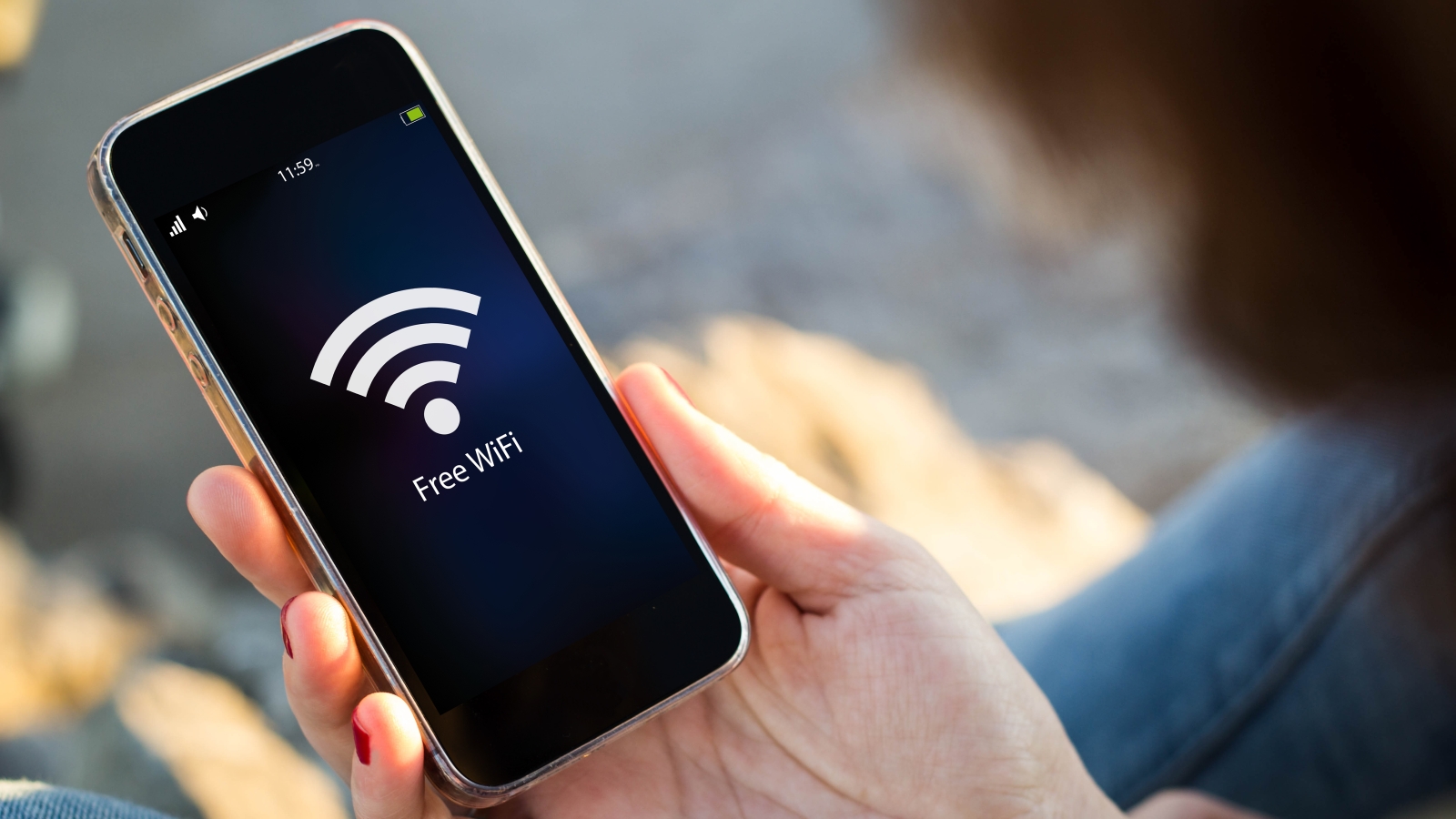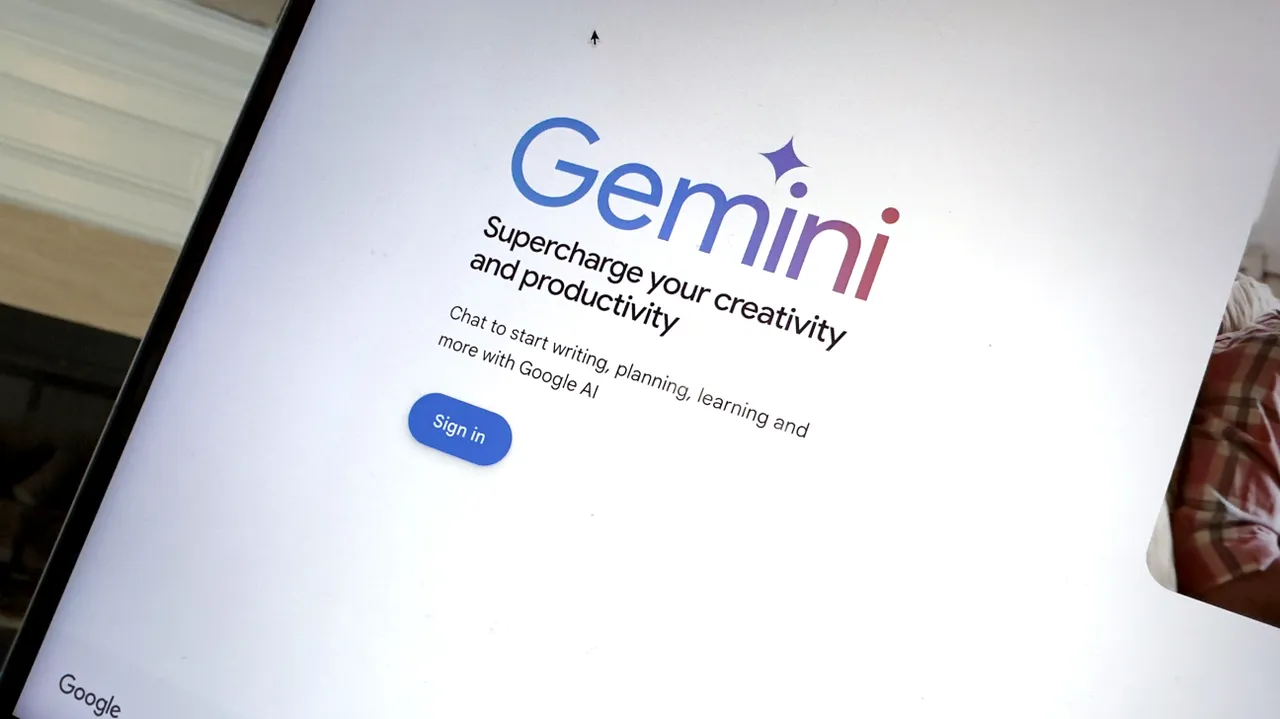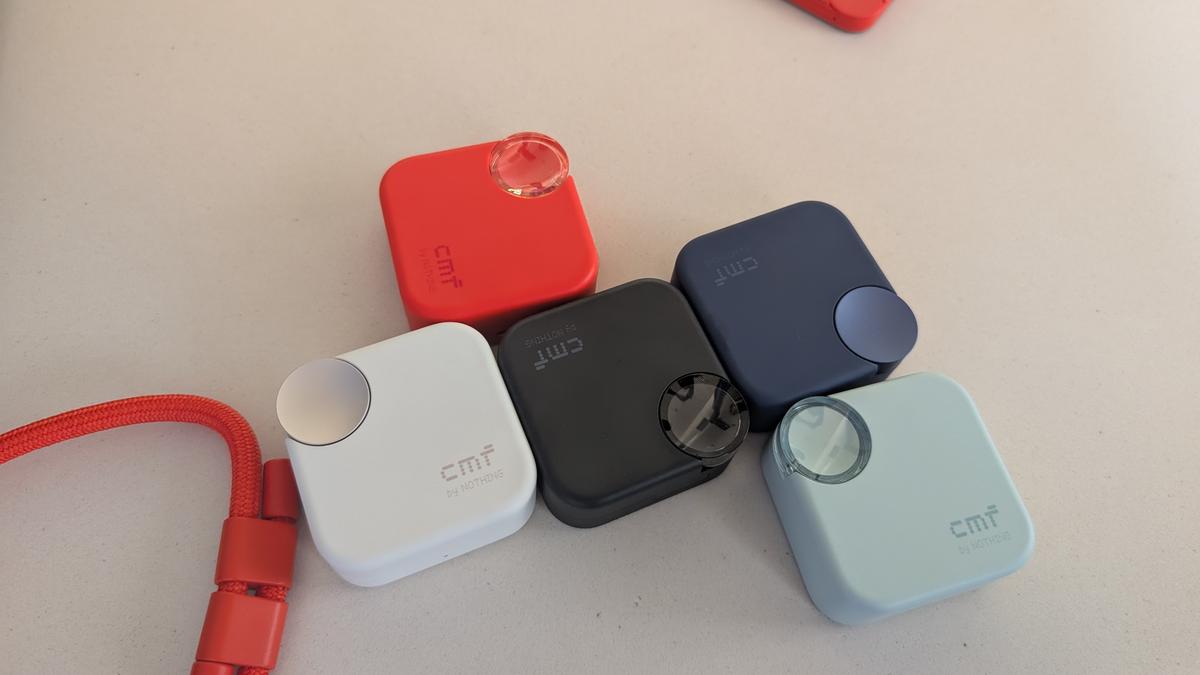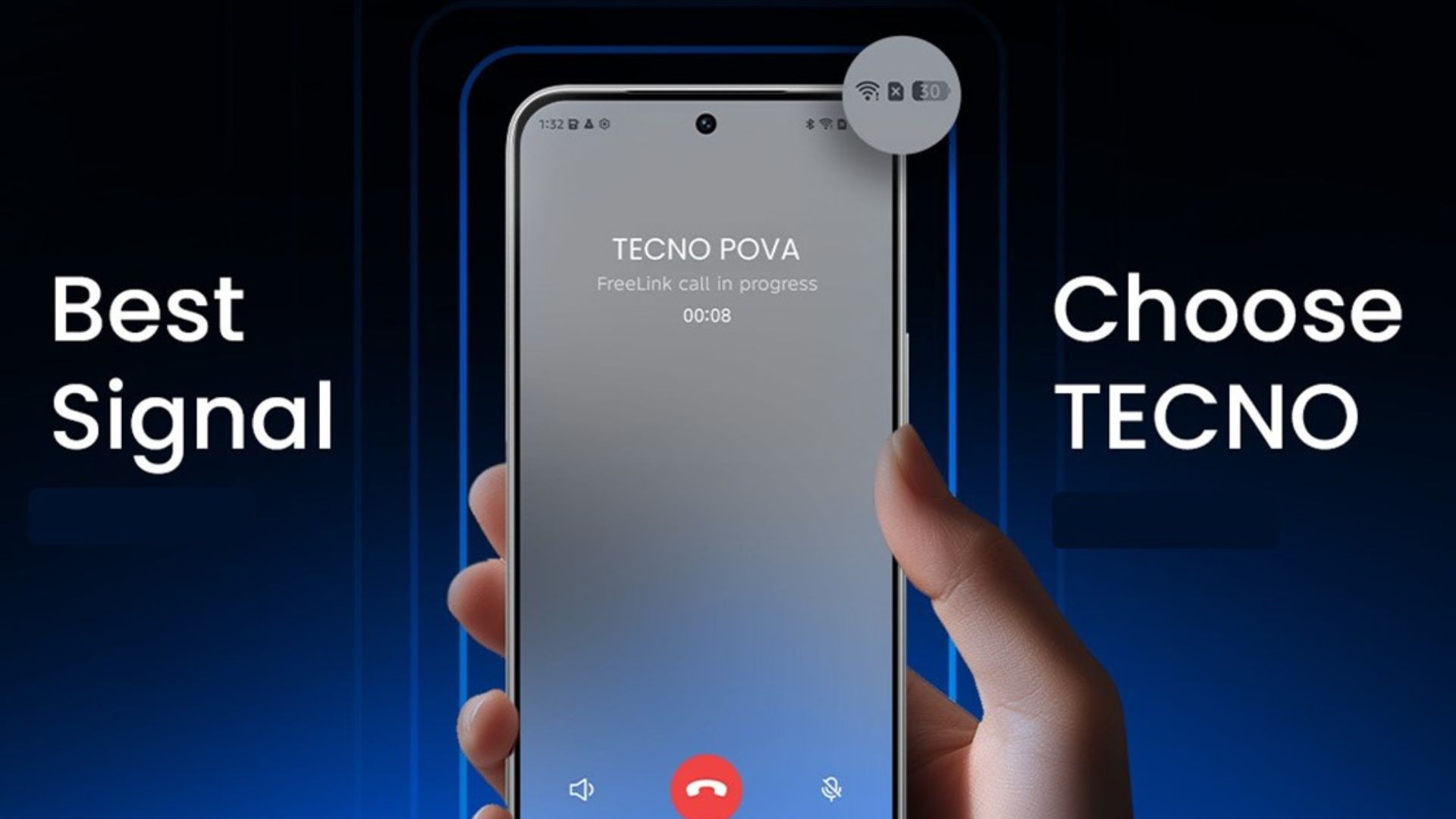That tempting offer of free Wi-Fi at your favourite cafe, airport lounge, or public park could be a hidden trap, and the Indian government is sounding a nationwide alarm. India’s cybersecurity agency, the Indian Computer Emergency Response Team (CERT-In), under the Ministry of Electronics and Information Technology, recently issued a 1 stark warning, urging citizens to think twice before connecting to public Wi-Fi networks, especially for sensitive online activities. The message is clear: convenience should not come at the cost of your digital security.
The advisory, part of CERT-In’s ongoing ‘Jaagrookta Diwas’ (Awareness Day) initiative, pulls back the curtain on the significant dangers lurking on unsecured public networks. Cybercriminals actively target these networks, exploiting their often weak security measures to intercept data flowing between your device and the internet. This intercepted data can include alarming details like your login credentials, banking information, personal photos, and even sensitive work documents. Imagine sipping your coffee, casually checking your bank balance or making a quick online payment, completely unaware that a cyber thief nearby is effortlessly siphoning off your financial details. It is a chilling thought, and exactly the scenario the government wants you to avoid.
CERT-In explicitly cautioned against performing sensitive transactions such as online banking, shopping, or accessing confidential work-related platforms while connected to public Wi-Fi. Why this strong emphasis on ‘sensitive activities’? Because these actions involve transmitting valuable personal and financial data. On an unsecured network, this data travels in plain sight, like sending a postcard through the mail with all your private information exposed for anyone to read. Hackers use various techniques, including setting up fake Wi-Fi hotspots that mimic legitimate ones or employing “man-in-the-middle” attacks to intercept your connection and steal your data. The ease with which this can happen on an unprotected public network is precisely why the government is so concerned.
The potential consequences of falling victim to such attacks are severe and can cause significant emotional distress and financial hardship. Data theft can lead to fraudulent transactions draining your bank account in moments. Identity theft, where criminals steal your personal information to impersonate you, can take months, sometimes years, to resolve, leaving a trail of damaged credit and administrative nightmares. The thought of a stranger gaining access to your entire digital life – your emails, social media, personal photos, and financial records – feels like a profound violation of privacy. This is the real, human cost of neglecting public Wi-Fi security.
CERT-In’s advisory is not just a warning; it also provides practical steps citizens can take to protect themselves. One of the strongest recommendations is to use a Virtual Private Network (VPN) when connecting to public Wi-Fi. A VPN creates a secure, encrypted tunnel between your device and the internet, scrambling your data so that even if intercepted, it appears as unreadable code to a hacker. Think of it as putting your sensitive data in a locked, reinforced box before sending it online.
Beyond using a VPN, the cybersecurity agency advises several other crucial safety measures. Always verify the name of the Wi-Fi network with the establishment’s staff to avoid connecting to a fake or malicious hotspot. These fake networks often have names very similar to the legitimate ones, tricking unsuspecting users into connecting and exposing their data.
Creating strong, unique passwords for all your online accounts remains a fundamental security practice, especially important when using public networks. A strong password acts as the first line of defence against unauthorised access. The advisory also stresses the importance of avoiding clicking on suspicious links or downloading attachments received from unknown sources, a common entry point for malware that can compromise your device and data.
Turning off the auto-connect feature for Wi-Fi on your devices is another simple yet effective step. This prevents your phone or laptop from automatically joining potentially unsecured networks without your explicit permission. Regularly backing up important files to an external drive provides a safety net in case your device is compromised by malware or a ransomware attack encountered on public Wi-Fi.
Even seemingly harmless activities like checking emails or logging into social media accounts can pose risks on public Wi-Fi if you are not careful. Attackers can potentially capture your login credentials for these platforms, leading to account takeovers and further privacy breaches. Avoiding saving passwords and payment information in your browser settings adds another layer of protection.
The government’s alert serves as a critical reminder in our increasingly connected world. While public Wi-Fi offers unparalleled convenience, it demands heightened awareness and caution from users. The risks are real, but by following the simple yet effective safety practices outlined by CERT-In, citizens can significantly reduce their vulnerability to cyber threats and protect their personal and financial information from falling into the wrong hands. Staying informed and taking proactive steps is the best way to navigate the digital landscape safely.



















